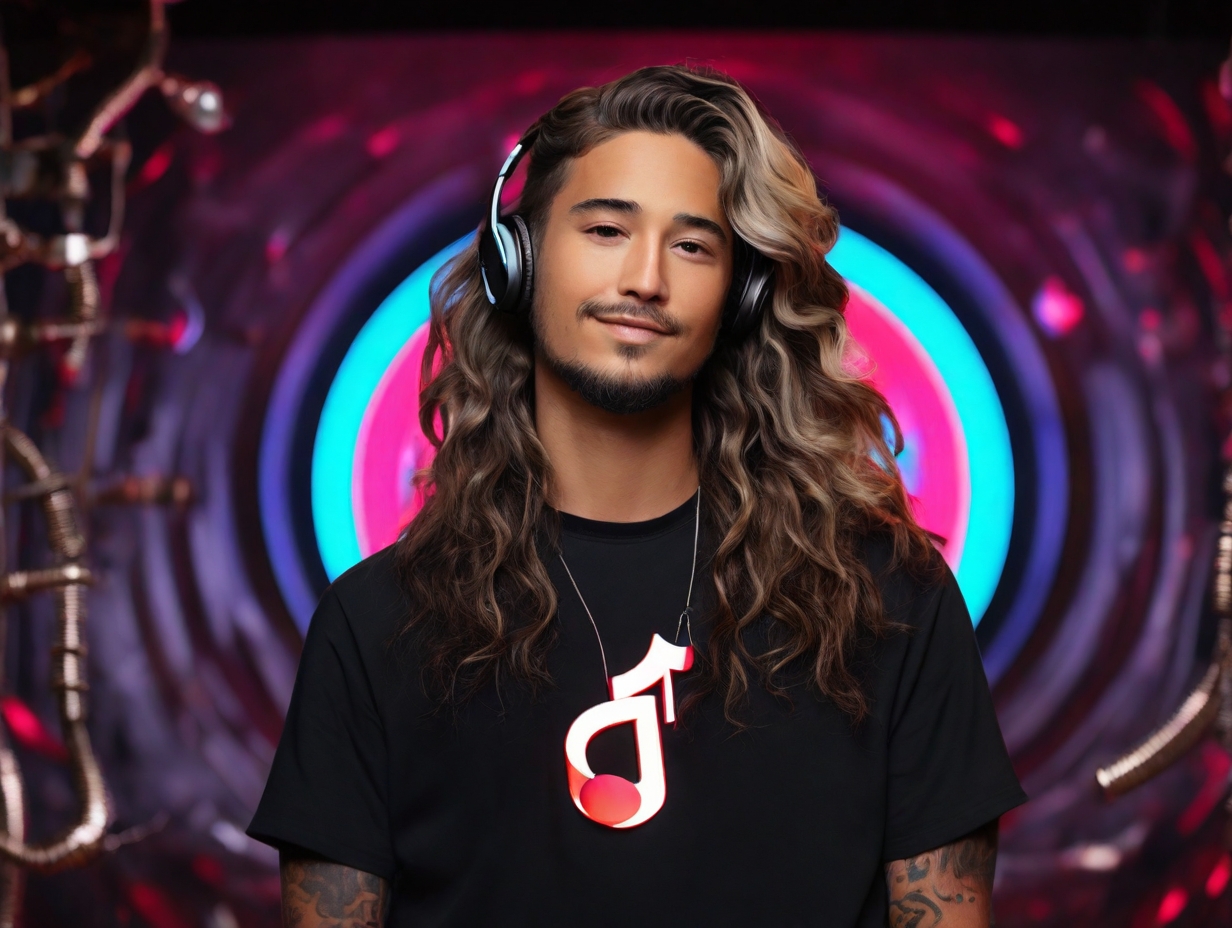Apart from Universal Music Group (UMG) among the world’s most powerful music establishments has just signed a remarkably groundbreaking contract with an influential video-sharing app called TikTok. Now the music of some of the leading labels that UMG including Olivia Rodrigo and Drake will be available for TikTok users. The deal comes as a response to artists leaving the app after the record label UMG scanned the content and quit the platform with their record company UMG disagreeing with artist remuneration and artificial intelligence music which they termed a contradiction of artist’s rights.
Agreement reached to address AI concerns
The joint statement came out where the companies clearly stated that they are working together on a legit way to put back the music of UMG’s artists on TikTok. The deal sees the implementation of measures that will address how generative AI technology a tool that uses very few words on a keyboard to produce very realistic-looking text, images, and audio tracks works. According to TikTok’s AI-generated content: The platform declares creating a mutually beneficial collaboration between TikTok and UMG to deal with such a problem.
The artists’ rights protection and remuneration is another vital issue the Digital Publishing Platform should consider to use as part of its business strategy. While one party puts the accent on human artistry while the other demands artists and songwriters to be treated fairly all are equally important. The purpose of this agreement is to eliminate unfair remunerations for UMG artists and to offer promotional possibilities for their recordings and songs via channels. Moreover, this agreement brings in so-called sector-leading standards about AI to ensure artists’ rights are protected and their earnings are not jeopardized.
Artificial intelligence software’s ability to create convincing music first engaged the public’s attention with a UMG artist’s song project that featured Drake and the Weeknd, which was later removed from TikTok, Spotify, and YouTube. The track entitled “Heart on My Sleeve” was taken off as it was thought to have AI-generated music as its formulation depriving artists of their feeding rights. The recent settlement between the two over UMG files is aimed at stopping similar disputes from happening.
TikTok’s importance in the music industry
TikTok as being a fundamental platform for the music industry can be accepted as around a quarter of US consumers get to discover fresh music through the social media app. Spotify is the leading resource for new music discoveries among the 16-year-old crowd in the USA, exceeding the popularity of YouTube and music streaming services. This collaboration between UMG and TikTok shows the growing role of such a platform, as the key marketing instrument for the artists and recording industry.
The fact that one of the performers who’s signed by UMG Taylor Swift has enabled her music to be on the TikTok platform because of a copyright agreement that she made two years back. The record contract sets forth the conditions under which the music can be featured and in this case, Swift holds out the option of releasing her songs to TikTok directly, no matter what happens to the parent company in her contract with UMG.
Statements from executives
Sir Lucian Grainge, Chair and CEO of UMG, stressed the value of music and that it should not be replaced by technology but instead, music creators will be supported by humans. He labeled the new agreement with TikTok as a progressive achievement for the artistic community. Create your unique paraphrase with our AI essay generator.
Shou Zi Chew, the CEO of TikTok, was glad about the deal saying that music serves the crux in which the TikTok products revolve around. He especially underlined TikTok’s concern on music rights ownership development to be on good terms.
The motion accorded to Universal Music Group by the platform TikTok is by itself a hallmark of the sustained and lucratively appealing affair between the music industry and social media. Through the resolution of music AI-generated issues and guaranteeing artists’ fair compensation, the agreement eventually works for musicians on TikTok in a more holistic, equal playing ground.
This article originally appeared in The Guardian





